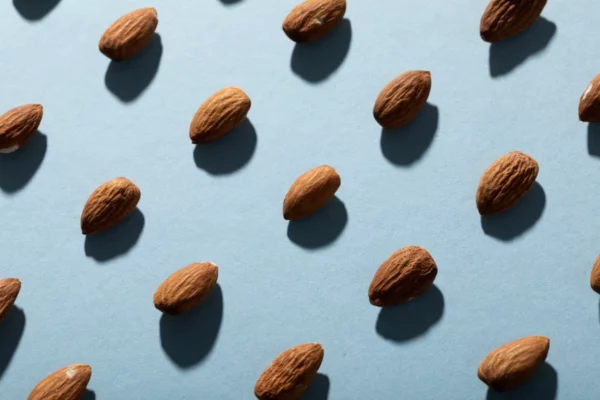The pursuit of maintaining bone health is more critical than ever, especially as we navigate the aging process. Emerging research highlights not just the importance of well-known nutrients like calcium and vitamin D but also the significant role dietary fiber plays in bolstering bone density and preventing bone loss. This guide delves into how a diet rich in dietary fiber, along with key nutrients, supports the foundation for strong bones, particularly among older adults and women, and how it can mitigate the risk of osteoporosis.
The Pillars of Bone Health
The Crucial Trio: Calcium, Vitamin D, and Dietary Fiber
Calcium is the building block of bone health, essential for achieving peak bone mass in young adults and minimizing bone loss in older individuals. While calcium supplements and calcium-rich foods like dairy products are traditional sources, the absorption of calcium is where dietary fiber, especially soluble corn fiber, plays a pivotal role. It enhances calcium absorption, contributing to stronger bones and higher bone density.
Vitamin D and Vitamin K are equally vital, ensuring sufficient calcium absorption and facilitating bone calcium retention. Sources like fatty fish, leafy greens, and fortified orange juice provide these essential vitamins, working in tandem with dietary fiber to support bone health.
Dietary Fiber: A Key Player in Bone Density
Recent research underscores the impact of dietary fiber intake on bone health. High-fiber diets, rich in whole grains and plant-based foods, not only support overall health benefits but also specifically aid in maintaining bone density. This is particularly crucial for older women and adults, who are at a higher risk for osteoporosis.
Clinical trials and observational studies have revealed a positive association between dietary fiber and bone health, showing significant differences in bone density and strength in individuals consuming higher fiber diets. This includes the potential for dietary fiber to promote bone growth and enhance mineral density, essential factors in sustaining healthy bones.
Optimizing Bone Health Through Diet
The Foundation: Calcium and Fiber-Rich Foods
Incorporating a balanced diet with an emphasis on calcium and dietary fiber is key. Calcium-rich foods, fortified with vitamin D, alongside fiber-rich whole grains and leafy greens, create the optimal environment for strong bone formation and maintenance. For those looking for alternatives to dairy, calcium-fortified plant milks and orange juice can also contribute to sufficient calcium intake.
Whole Grains and Plant-Based Nutrition
Whole grains not only offer dietary fiber but also contain key nutrients like magnesium and vitamin K, which play an important role in bone health. A plant-based diet, including a variety of leafy greens and vegetables, provides a broad spectrum of nutrients necessary for maintaining bone strength and preventing the risk factors associated with bone loss and osteoporosis.
Physical Activity: The Essential Complement
Coupled with a high-fiber, nutrient-rich diet, physical activity stands as a cornerstone in the prevention of bone density loss. Weight-bearing exercises and strength training are particularly beneficial for building and maintaining bone strength across all ages, especially in older adults.
The Long-Term Benefits
The health benefits of a high-fiber diet extend beyond just bone health. Observational studies have highlighted its role in reducing the risk of chronic conditions like heart disease, further emphasizing the importance of a high-fiber diet as part of a healthy lifestyle. For older women and men, ensuring enough vitamin D and calcium intake, alongside dietary fiber, can significantly impact bone health, offering protection against osteoporosis and fractures in later life.
Practical Steps to Enhance Bone Health
- Diversify Your Diet: Embrace a variety of foods, including dairy or fortified alternatives, whole grains, leafy greens, and fatty fish, to cover the spectrum of nutrients essential for bone health.
- Focus on Fiber: Aim for a dietary fiber intake that supports bone density, including foods like whole grains, fruits, vegetables, and legumes.
- Regular Exercise: Incorporate physical activity into your daily routine, focusing on exercises that promote bone strength and overall health.
Conclusion
The journey to maintaining strong bones and preventing bone loss is multifaceted, requiring more than just calcium and vitamin D. The inclusion of dietary fiber plays a crucial role in enhancing calcium absorption, supporting bone density, and fostering overall bone strength. By adopting a balanced diet rich in key nutrients and maintaining an active lifestyle, individuals can significantly improve their bone health, safeguarding against the risk of osteoporosis and ensuring healthy bones well into older age.









